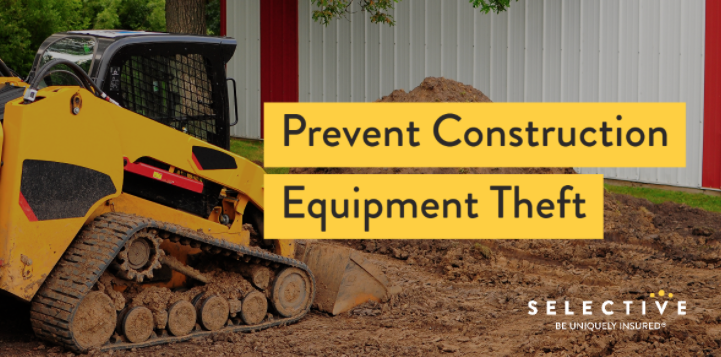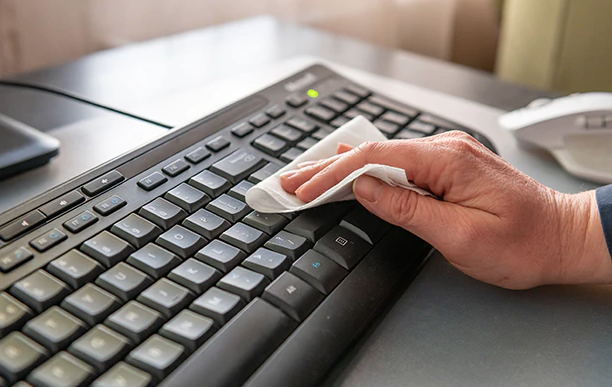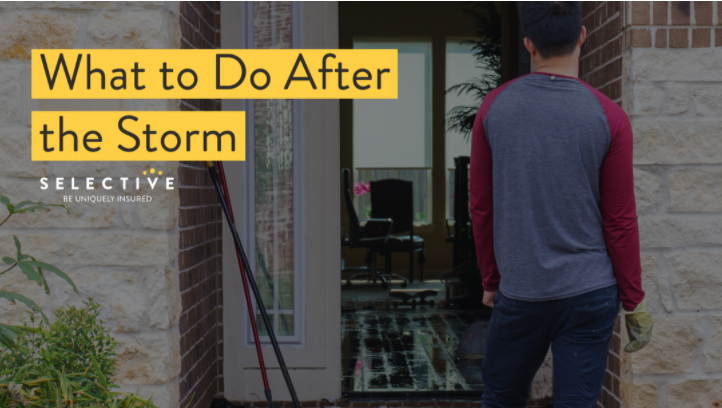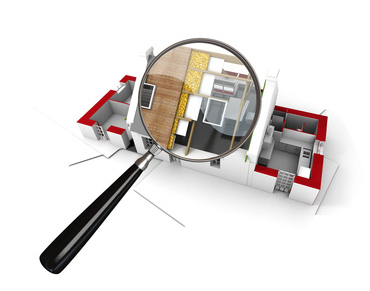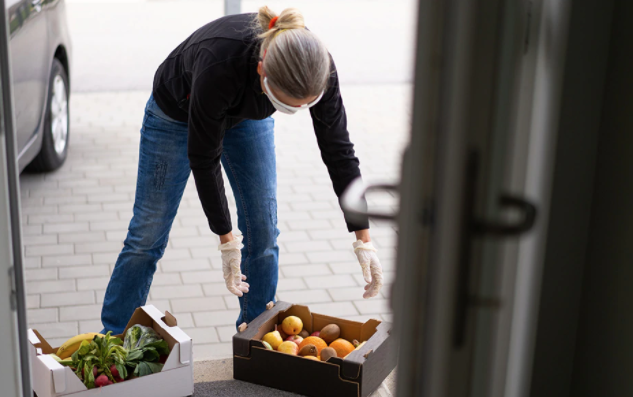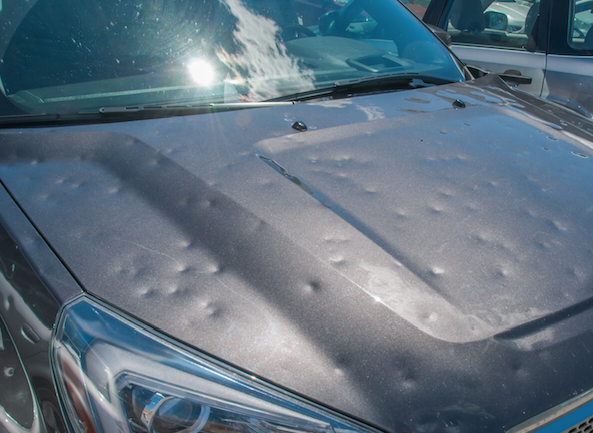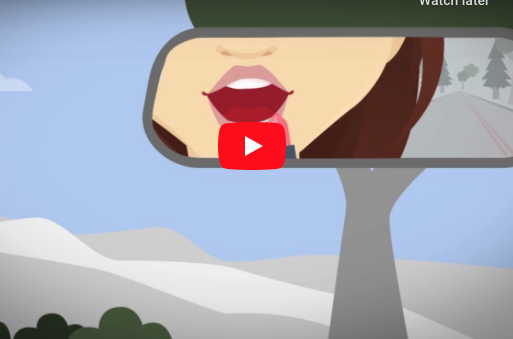3 Tips for Prepping Your Boat for Winter
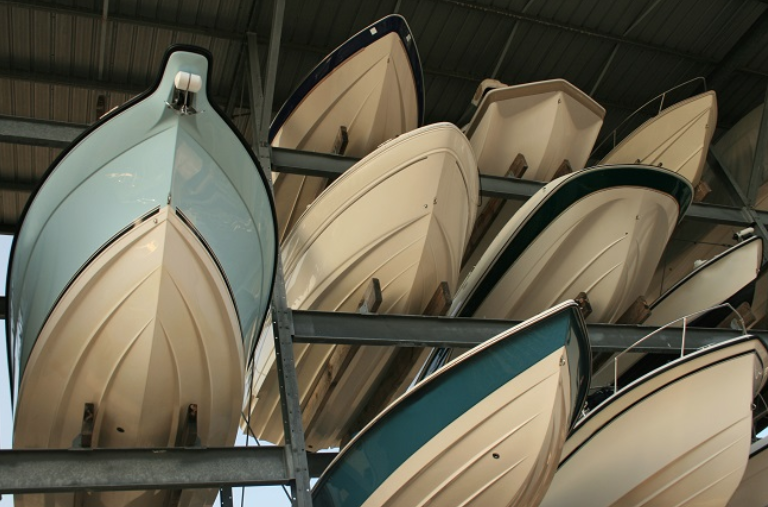
Now that autumn is upon us, it’s time to think about preparing your boat to brave the winter. By taking these steps, you can help ensure that your vessel will be ready for a new boating season next spring.
1. Think ahead. Winterize and be ready for next year.
Clean the boat thoroughly inside and out. Make sure all surfaces are dry. Inspect engine components. Spray cylinders with fogging oil to prevent corrosion. Top off the gas tank and change the oil. Flush the coolant system. Add antifreeze. This will help ensure your boat is ready when it’s time to get back on the water.
2. Choose the right storage facility.
Minimize the boat’s exposure to the elements. If feasible, remove the boat from the water. Place a tight fitting but vented cover or shrink wrap over the boat to keep out moisture. Store the boat on its trailer or another support system outside or in a covered or enclosed secure boat self-storage unit. Better yet, store it indoors on a dry rack or in a climate-controlled building. Read Full Story










